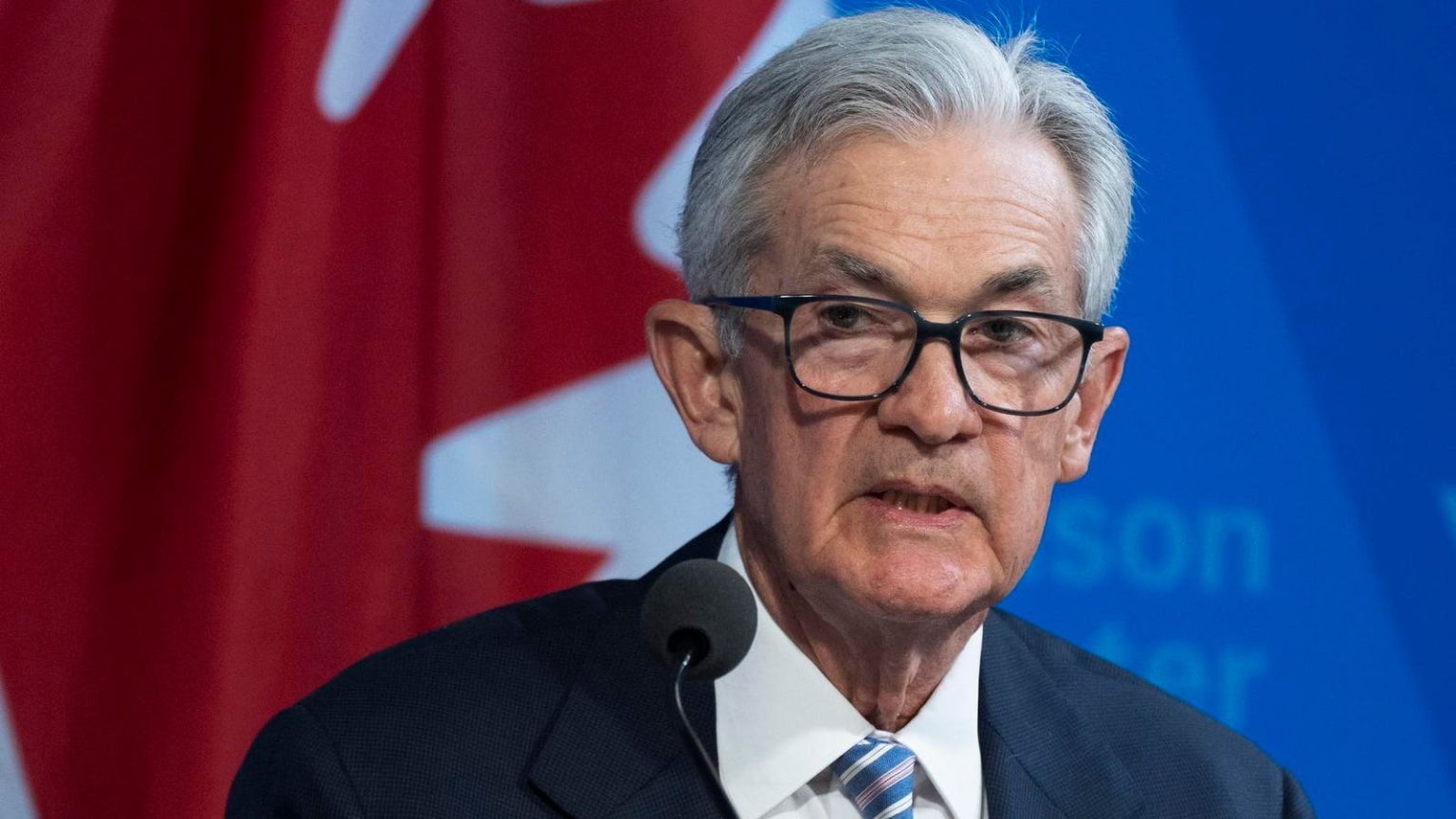Federal Reserve Chair Jerome Powell has hinted at the possibility of lowering interest rates in the past few months. However, hopes for a rate cut seem to be fading as U.S. inflation rises to 3.5%, above the Fed’s target rate of 2%. The Consumer Price Index increased by 0.4% in March, driven by rising housing costs and gasoline prices. Powell expressed concerns at a press briefing in Washington, stating that achieving sustained confidence in the economy may take longer than expected.
Despite the rising inflation, Powell stated that the Fed is not considering rate increases and will keep interest rates at their current level for as long as necessary. The FOMC raised rates to a two-decade high last summer and has maintained this level since then. Powell believes that the current policy is well-equipped to handle risks, given the strength of the labor market and progress on inflation. He emphasized the need to allow existing policies more time to work effectively.
Powell’s recent remarks on interest rates have disappointed many, as the expectation was that rates would be lowered in the near future. The economy performed strongly in 2023, with growth exceeding 3%, employment increasing, and inflation showing signs of decline. However, recent data indicates sustained growth and strength in the labor market, with the unemployment rate remaining below 4% for 26 consecutive months. Powell emphasized the need for greater confidence in inflation moving towards the 2% target before considering easing policy.
The high interest rates pose challenges for small businesses in various ways. Increased borrowing costs can deter entrepreneurs from borrowing and reduce their ability to invest in hiring or expansion. Consumer spending may decrease due to inflation and high borrowing costs, impacting revenue for businesses providing non-essential goods and services. Operating on tight margins, small businesses may struggle with liquidity and meeting financial obligations due to high interest rates. Moreover, rising borrowing costs can discourage growth and innovation within the small business sector.
Policy makers are unlikely to approve a rate cut unless the economy experiences a steep decline. Although small business owners may face challenges due to high interest rates, an economic slowdown is not in their best interest. The high interest rates limit access to capital, reduce consumer spending, impact cash flow, and restrict investment opportunities for small businesses. Overall, navigating through a high-interest rate environment presents significant challenges for small businesses and requires strategic financial management.


